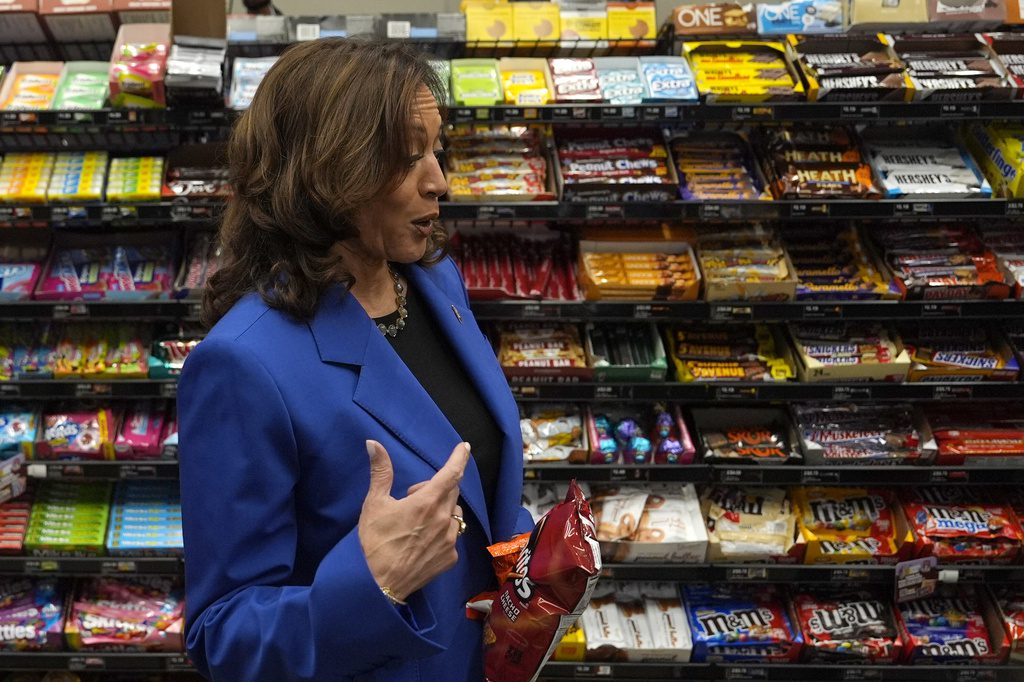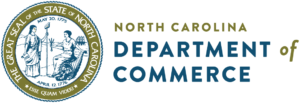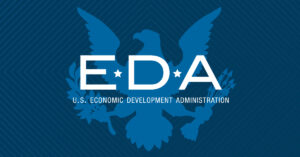The vice president has said that she will call on Congress to pass a federal ban on price gouging and give the Federal Trade Commission more authority to prevent consolidation in the food industry.
Kamala Harris recently revealed her strategy to combat the rising food costs affecting Pennsylvania families. Speaking in North Carolina, she promised to push Congress to pass a federal ban on price gouging if elected.
“I will work to pass the first-ever federal ban on price [gouging] on food,” Harris said. “My plan will include new penalties for opportunistic companies that exploit crises and break the rules, and we will support smaller food businesses that are trying to play by the rules and get ahead. We will help the food industry become more competitive, because I believe competition is the lifeblood of our economy.”
Harris’ proposal comes amid increased scrutiny of the food and grocery sector, as the pandemic-era surge in food prices coincided with booming corporate profits and growing consolidation among food producers and grocery stores, drawing accusations of price-gouging and corporate greed.
Harris’ call for a federal ban on price gouging mirrors legislation from Democratic Sens. Elizabeth Warren (D-Mass.), Bob Casey (D-Pa.), and Tammy Baldwin (D-Wis.), which has been stalled in Congress due to Republican opposition.
According to the latest data, food prices have risen roughly 26% since the pandemic began, with staples like eggs and dairy products increasing even more. The average price of eggs rose 54%, milk 36%, and cheese and butter about 30% from Nov. 2020 to March 2024.
“Every day across our nation, families talk about their plans for the future, their ambitions, their aspirations for themselves, for their children. And they talk about how they’re going to be able to actually achieve them financially, because, look, the bills add up,” Harris said in North Carolina. “Food, rent, gas, back to school clothes, prescription medications. After all that, for many families, there’s not much left at the end of the month.”
A poll from Data for Progress found that a majority of voters (57%) are worried about inflation, with food and grocery costs as their top concern. Voters largely blame food manufacturers and grocery stores for the high prices, believing companies are “raising prices to maximize profits.”
Grocery store and corporate food brand profits have risen in recent years, with an analysis from the White House Council of Economic Advisers indicating that elevated profit margins contribute to high food prices. Food and beverage stores have increased their margins by about 2% since the pandemic began, reaching the highest level in decades.
Harris has also highlighted the “extreme consolidation in the food industry” leading to higher grocery bills. For instance, Mars Inc. announced a $30 billion proposed merger with Kellanova. If approved, popular brands like M&M’s, Skittles, Pringles, and Cheez-It would be under the same parent company.
Other mergers include Campbell Soup’s purchase of Sovos Brands and J.M. Smucker’s acquisition of Hostess Brands. A trial to halt the merger of grocery giants Kroger and Albertsons is underway in Oregon, with the FTC and nine state attorneys general suing to block the merger earlier this year.
The trial evidence shows that Kroger and Albertsons’ operating margins have grown significantly post-pandemic and could worsen if allowed to merge. The Center for Science in the Public Interest warns that merging grocery chains threatens Americans’ food security by reducing competition and raising prices, making access to healthy, affordable food even harder.





